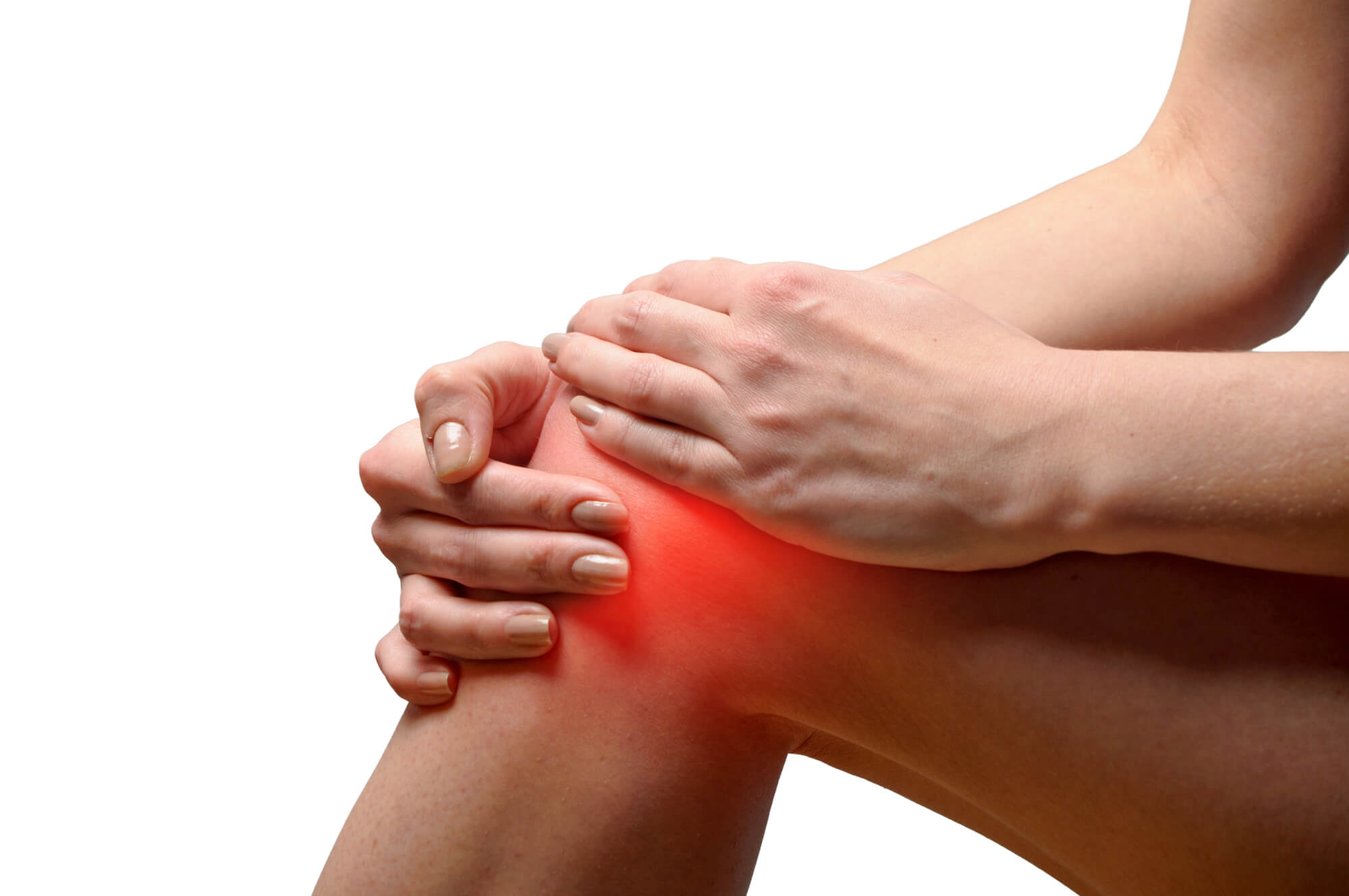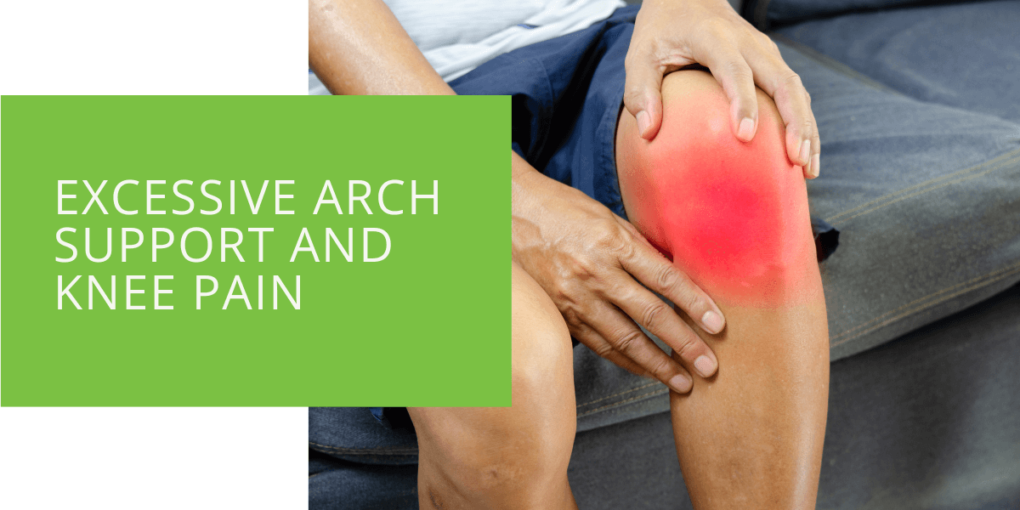Excessive Arch Support and Knee Pain
Are you experiencing knee pain and wondering if there's a connection to the arch support in your shoes? Proper arch support is essential for foot health, but excessive support can lead to discomfort and knee problems. This article delves into the relationship between excessive arch support and knee pain. Understanding this connection will help you find the right balance for optimal foot and knee health. Let's explore the topic in detail.
Understanding Arch Support
The Importance of Arch Support
Arch support plays a crucial role in maintaining foot stability and alignment. It helps distribute body weight evenly across the foot, reducing pressure on specific areas. Adequate arch support promotes proper foot mechanics and can prevent foot conditions and injuries. However, striking a balance in arch support is essential to avoid potential issues like knee pain.
Types of Arch Support
Arch support can be found in footwear, orthotics, and inserts. Shoe manufacturers often incorporate arch support to cater to different foot types and needs. Orthotics and insoles offer additional customization and support options. A podiatrist can prescribe them to address specific foot conditions or provide enhanced arch support. The type of arch support you choose should be based on your foot structure, comfort, and the recommendation of a healthcare professional.
The Link Between Excessive Arch Support and Knee Pain
Overpronation and Knee Alignment
Overpronation, where the foot rolls inward excessively, can be exacerbated by excessive arch support. When the arch is overly supported, it limits natural pronation, leading to altered foot mechanics. This can affect the alignment of the knee joint, potentially causing knee pain. The misalignment places additional stress on the knee and surrounding structures.
Altered Biomechanics and Knee Stress
Excessive arch support can disrupt the natural biomechanics of the foot and ankle. It can lead to an unnatural gait pattern, causing abnormal forces to be transmitted to the knee joint. These abnormal forces and stress on the knee can result in discomfort, inflammation, and even long-term damage if not addressed promptly. Therefore, evaluating and adjusting arch support is crucial to maintain proper foot and knee alignment.

Evaluating Arch Support and Addressing Knee Pain
Consultation with a Podiatrist
Consulting a podiatrist is essential if you're experiencing knee pain related to arch support. They will comprehensively evaluate your foot structure and gait and assess the impact of arch support on your knee joint. They may use imaging techniques to analyze foot and knee alignment further, providing valuable insights into the root cause of your knee pain.
Customized Arch Support Solutions
Based on the evaluation, a podiatrist can recommend personalized treatment options to address excessive arch support and alleviate knee pain. This may include custom orthotics or insoles that provide appropriate support and alignment for your feet. Customized arch support solutions ensure a proper fit and maximize comfort, reducing knee discomfort.
Strengthening and Stretching Exercises
In addition to addressing arch support, incorporating specific foot and lower limb exercises can strengthen the muscles and improve flexibility. Strengthening exercises targeting the foot, ankle, and leg muscles can help support proper alignment and reduce knee stress. Stretching exercises can improve flexibility and alleviate tension, promoting optimal foot and knee function.
Preventing Excessive Arch Support-Related Knee Pain
Proper Footwear Selection
Choose footwear that offers adequate arch support without being excessive. Look for shoes designed to provide proper support and a comfortable fit. Consider trying on different brands and styles to find the one that suits your foot structure best. If needed, seek professional guidance from a podiatrist or shoe fitting specialist who can assess your feet and recommend suitable footwear options.
Regular Foot and Gait Assessments
Regular foot and gait assessments by a podiatrist can help detect any changes in foot structure or alignment. By monitoring your foot health, potential issues related to arch support and knee pain can be identified early on. Periodic assessments allow timely intervention and prevent excessive arch support-related knee pain from developing or worsening.
Conclusion
Understanding the relationship between excessive arch support and knee pain is crucial for maintaining optimal foot and knee health. While arch support is essential, excessive support can lead to discomfort and knee problems. You can address knee pain associated with excessive arch support by consulting with a podiatrist, evaluating arch support, and implementing customized solutions. Additionally, incorporating strengthening and stretching exercises, selecting proper footwear, and receiving regular foot assessments can help prevent excessive arch support-related knee pain in the future.
Take control of your foot and knee health by finding the right balance in arch support. Seek professional guidance, listen to your body, and make informed choices to alleviate discomfort and promote overall well-being. Remember, a well-supported foot means a happy knee!
If you're experiencing knee pain or have concerns about arch support, don't hesitate to schedule an appointment with a podiatrist. They can provide expert guidance and develop a personalized treatment plan tailored to your needs. Your feet and knees will thank you for it!
Key Takeaways
- Excessive arch support can contribute to knee pain by altering foot mechanics and causing knee joint misalignment.
- Consulting with a podiatrist is important for evaluating arch support and addressing knee pain related to excessive support.
- Customized arch support solutions, strengthening and stretching exercises, proper footwear selection, and regular foot assessments can help prevent and alleviate knee pain associated with excessive arch support.

